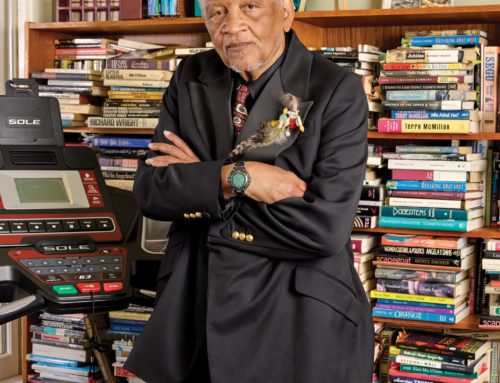The American avant-garde author Charles Newman is perhaps best known for two things: first, transforming TriQuarterly from a little-known literary journal into a cultural force that broke the news to US readers on many of postmodernism’s leading innovators—including Jorge Luis Borges, Gabriel García Márquez, William H. Gass, and John Barth—and second, writing books that challenged and rebuked that very postmodern literature at every turn. A notoriously hard-living man and extremely fastidious writer, Newman hewed out an idiosyncratic oeuvre of four novels, two book-length essays, and a number of critical studies (as editor) across three decades. He did not publish a book between 1985 and his death by heart attack in 2006, though he did leave behind an apartment’s-worth of boxes full of manuscripts for a massive, uncompleted project that was to comprise a nine-volume cycle taking place in a fictitious Eastern European nation. Its theme, Newman once wrote, was to be “the great un-American novel.”
After Newman’s death, his nephew, the author and editor Ben Ryder Howe, got to work shuffling through the mountains of papers that his uncle left behind and discovered in them the overture to Newman’s massive project—a substantial novel called In Partial Disgrace, subsequently published by Dalkey Archive Press this year. An exceedingly strange work that combines an account of Sigmund Freud (never named and always referred to as “the Professor”) with a World War II era spy narrative à la James Bond, the book revels in aphoristic sentences, absurd humor, and the intricacies of dog breeding, among other things, while beginning to chart an alternative history of the twentieth century. Although it is incomplete and frequently maddening for the coherence it promises but does not quite deliver, the book is nonetheless lavish with ideas, show-stopping scenes, and rhetorical excess.


